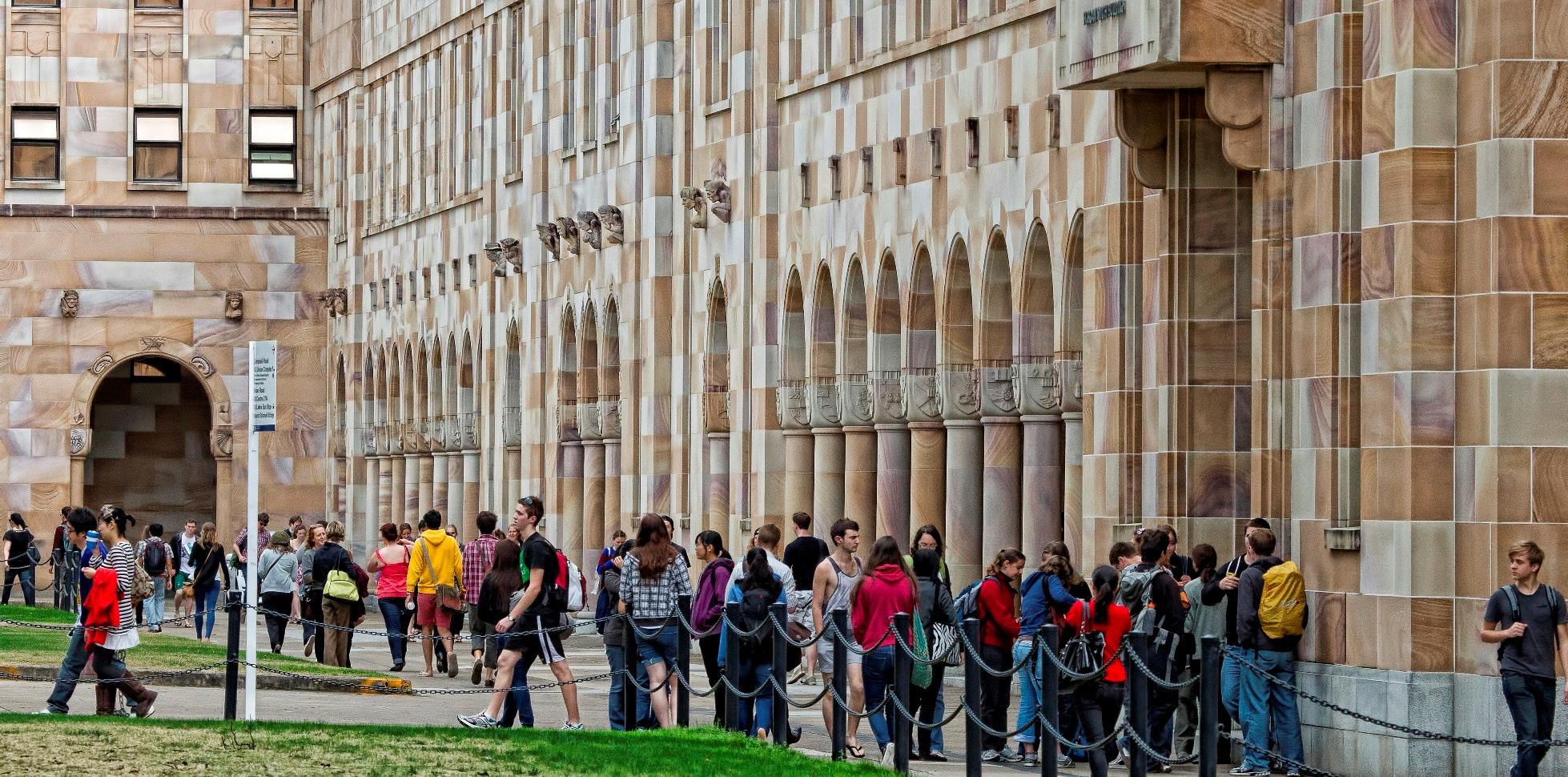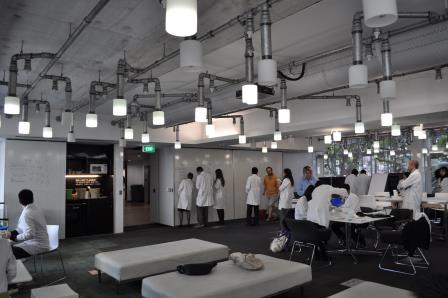
UQ science study warns against climate change inaction
Most of the Earth’s remaining fossil fuels must be left in the ground to avoid disastrous consequences for today’s young people and for future generations, according to research published recently.
The research is co-authored by 18 scientists from around the world, including University of Queensland Global Change Institute Director Professor Ove Hoegh-Guldberg.
The research was led by former NASA Goddard Institute for Space Studies Director Dr James Hansen, and is published in the Plus One journal.
The authors issue grave warnings about the safety of global warming by 2100, saying the scientifically accepted two degree guardrail has been severely underestimated.
The paper presents urgent strategies of emission reduction to achieve a more sustainable 1°C target.
The study states that only a maximum atmospheric CO2 level of 350 parts per million (reduced from about 400 today) will keep warming by 2100 to a maximum of 1°C.
This is believed to be sustainable based on an evaluation of impacts on sea-level rise, shifting climate zones, species extermination, coral reef ecosystems, climate extremes, human health, and the ecological and environmental consequences of fossil fuel extraction.
Lead author Dr James Hansen states that global reforestation and emission reductions need to start within the next decade to achieve the 1°C target by 2100.
“Emission reductions are needed urgently. These will occur only if fossil fuels are made to pay their costs to society. The most effective action is a rising carbon fee collected from fossil fuel companies, stimulating transition to clean energies.”
University of Queensland Professor Hoegh-Guldberg said letting targets “slip” would cause impacts that were irreversible on timescales of more than thousands of years.
“Given that the evidence is unambiguous about the role of fossil fuel emissions in pushing our planet beyond a safe climate, there is no other option left but to rapidly reduce our use of fossil fuels.”
“Not to, would be to discard the future for many of today’s young people—and those unborn—who have not been party to the decisions that are being currently made about their future,” he said.
*




































Ask A Question
Ask us about your program of interest, or if you have a question about our services.
CONTACT US TODAY